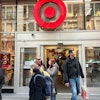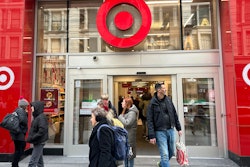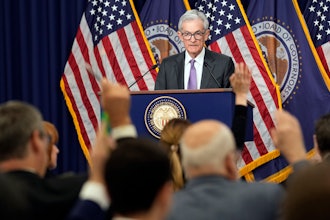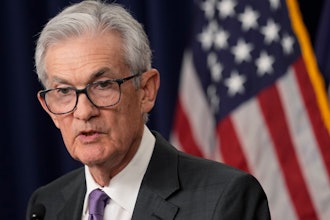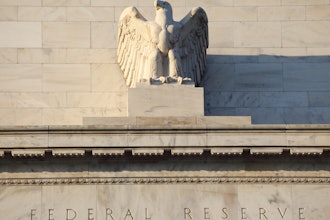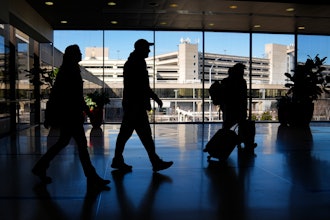WASHINGTON (AP) — A gauge of the U.S. economy's future health rose solidly in September, suggesting the economy was making gains before the government shut down for 16 days.
The Conference Board said Wednesday its index of leading indicators rose 0.7 percent in September to a reading of 97.1. That follows a similar gain in August and marked the fifth increase in six months.
The index is designed to signal economic conditions over the next three to six months. It is composed of 10 indicators, most of which have already been released individually.
In September, the index rose largely because unemployment benefits fell, credit conditions improved, manufacturing orders rose and the gap between short- and long-term interest rates widened sharply.
Some economists cautioned that the index has been a poor predictor of the economy's health in recent months. They note that stock prices have risen sharply this year, yet unemployment remains high, wages have barely keeping pace with inflation and growth has been weak.
Michael Englund, an economist at Action Economics, said that nothing in the leading index altered his view that overall economic growth is stuck at a modest annual rate of around 2 percent through the rest of this year.
Still, Conference Board economist Ken Goldstein said the September performance was an indication that the economy was expanding modestly and possibly gaining momentum before the shutdown.
He said that the biggest economic challenge going forward was relatively weak consumer demand, reflecting weak wage growth and low levels of consumer confidence.

